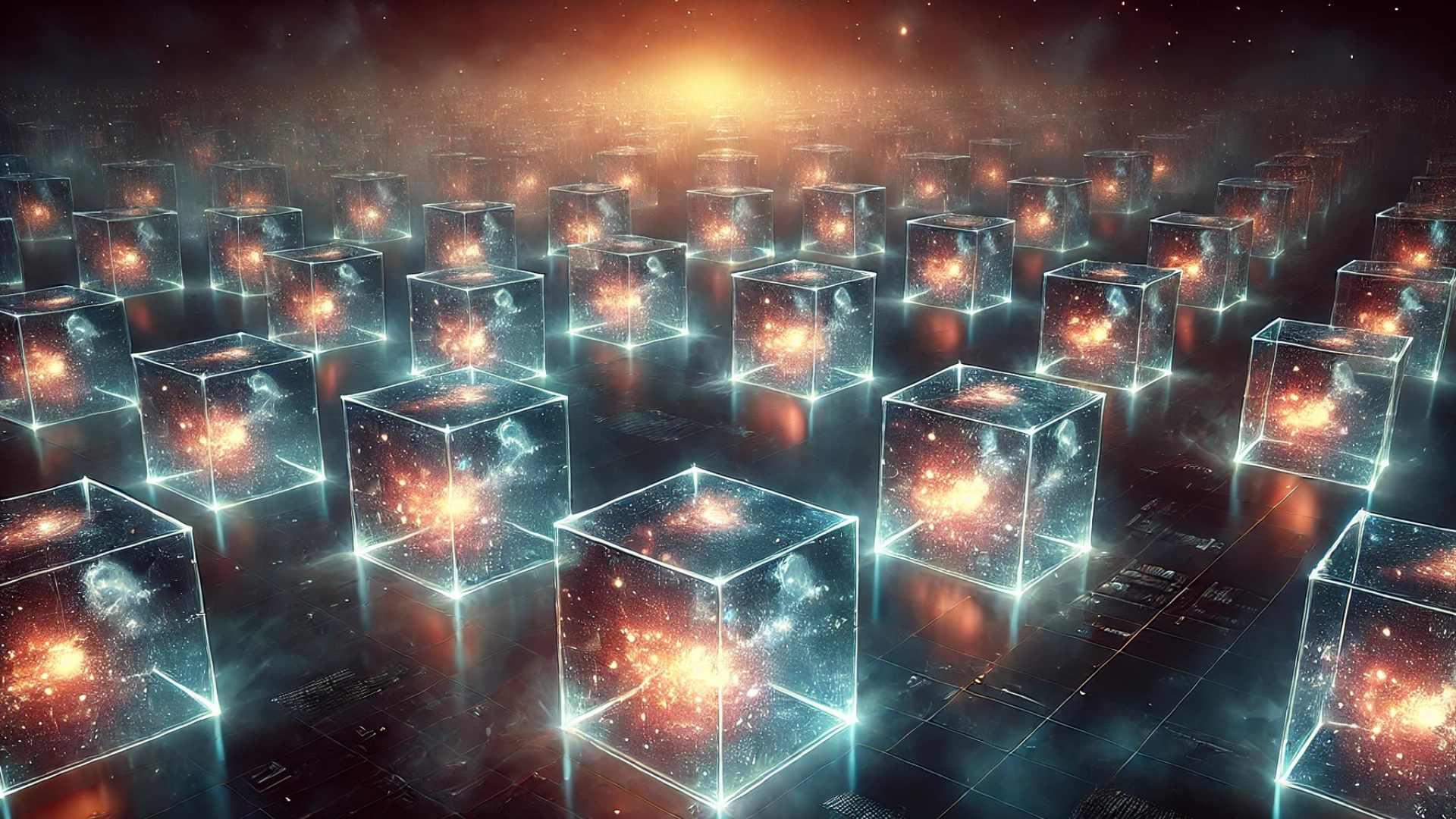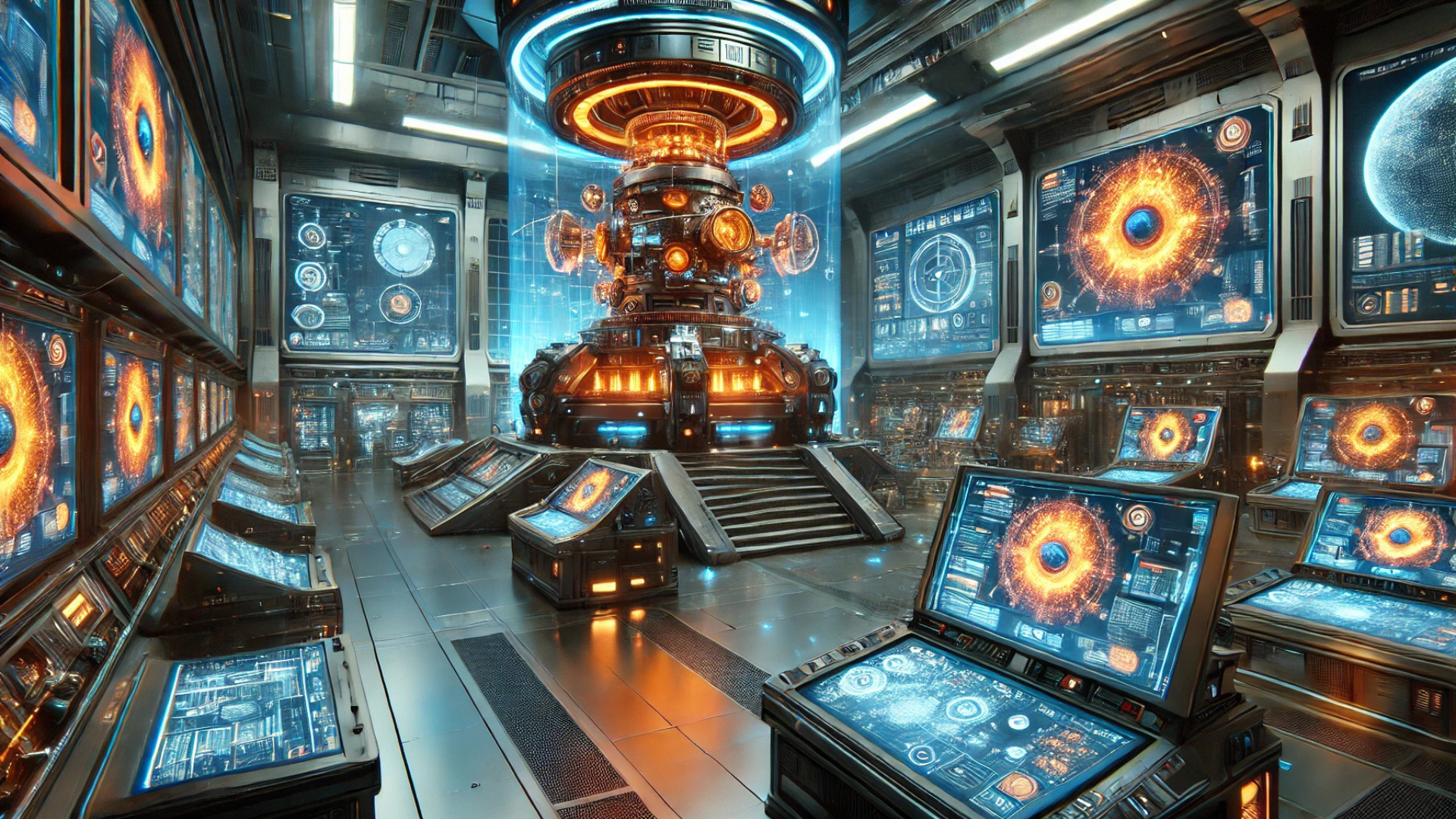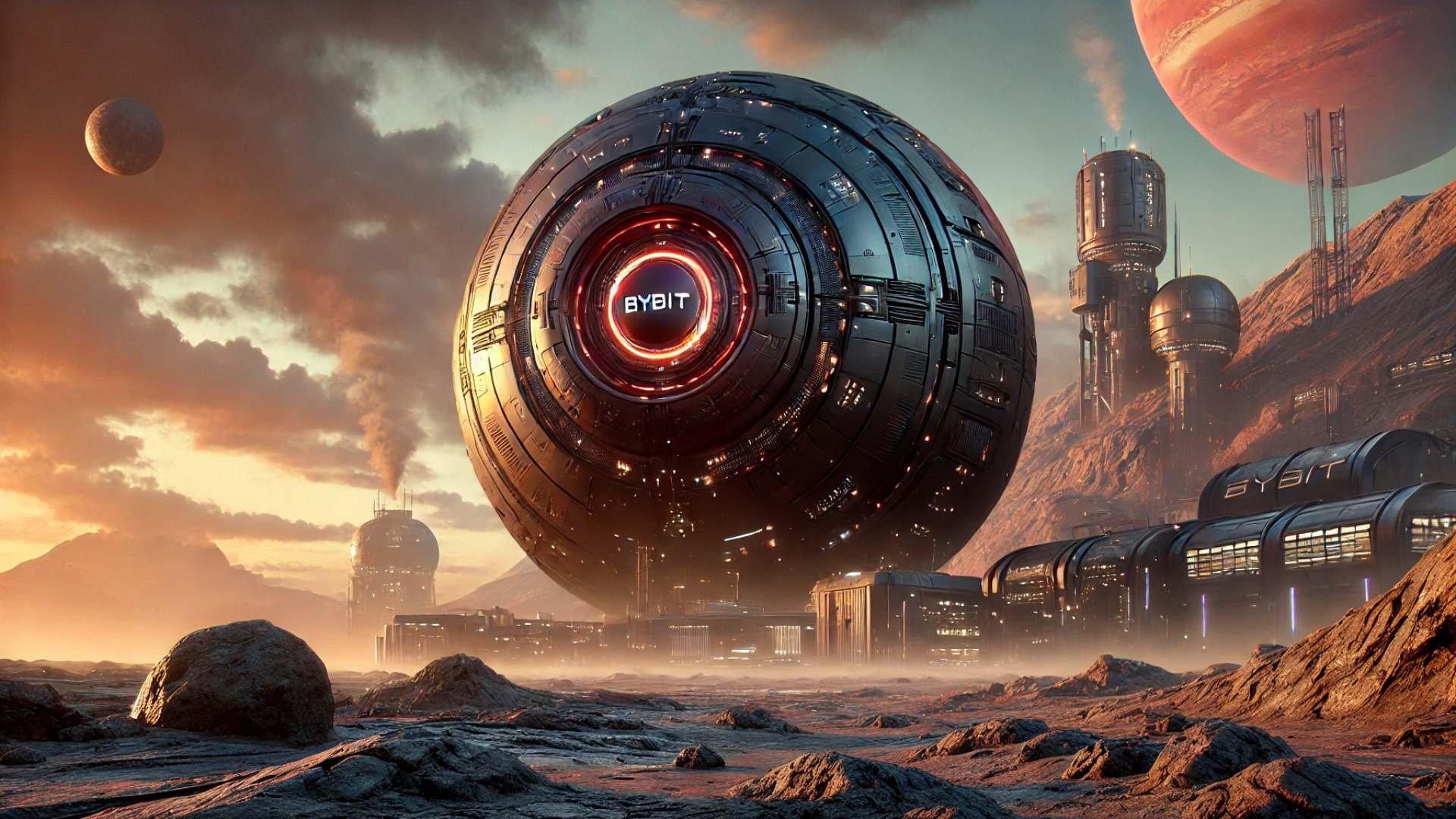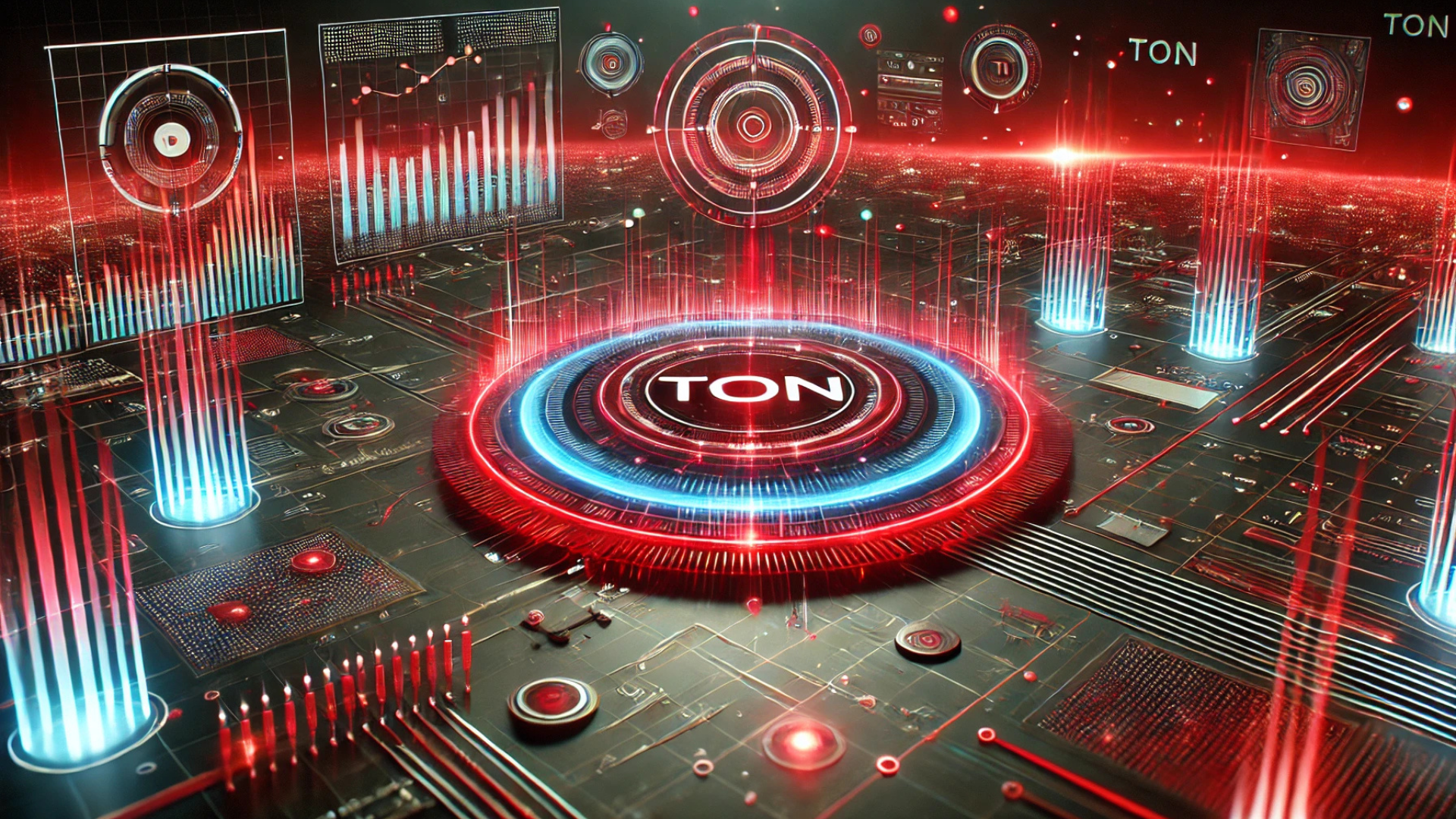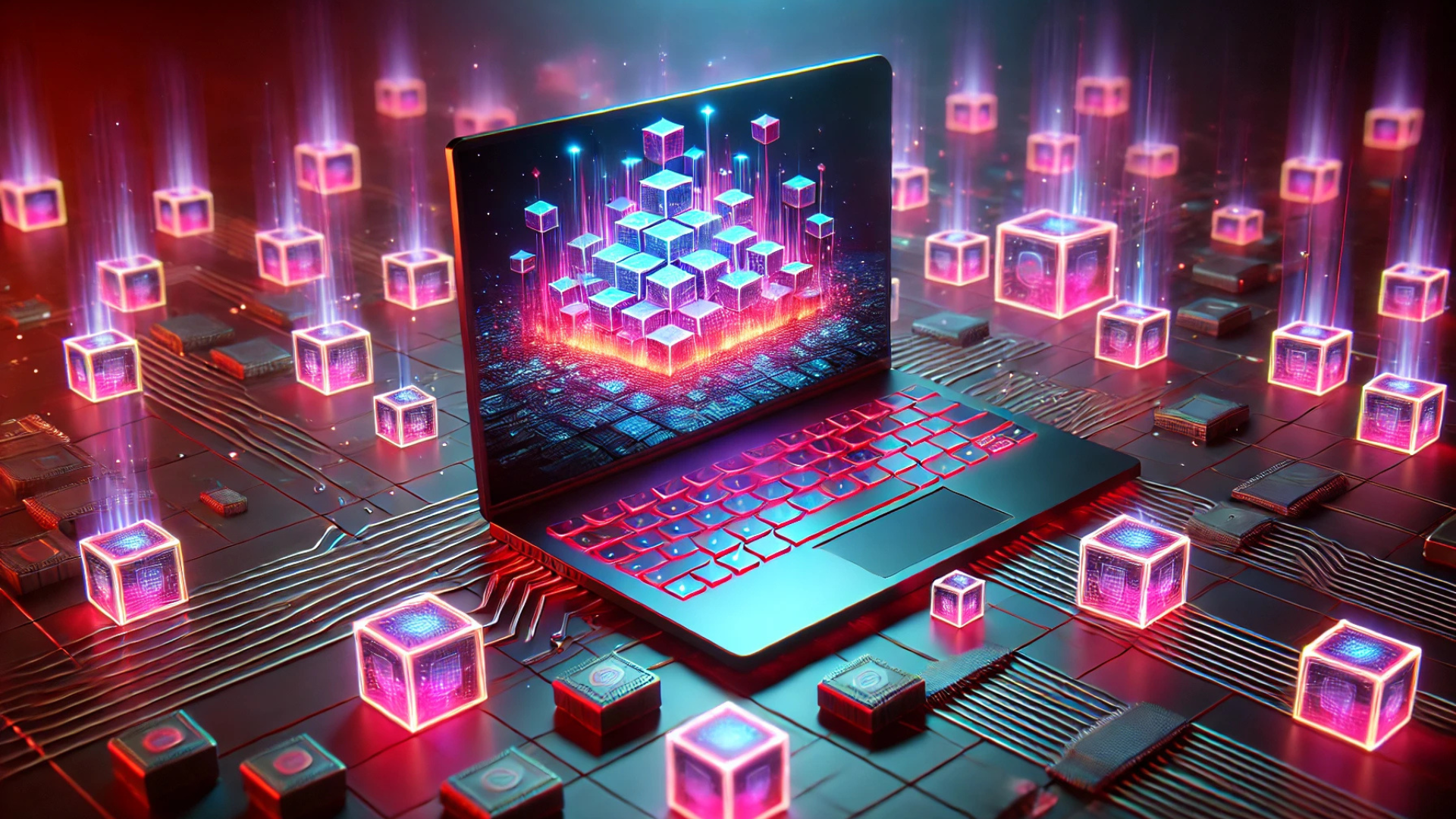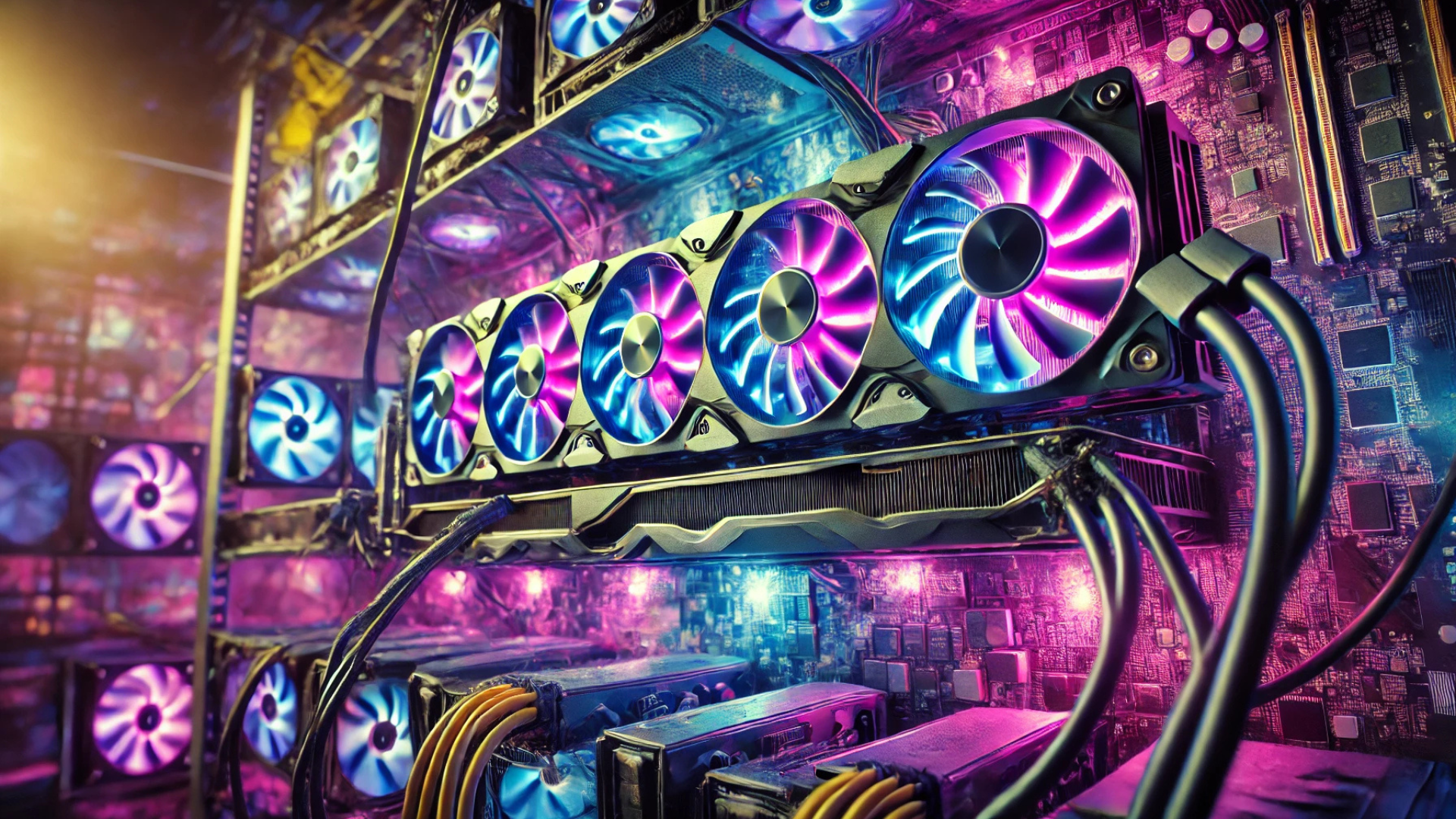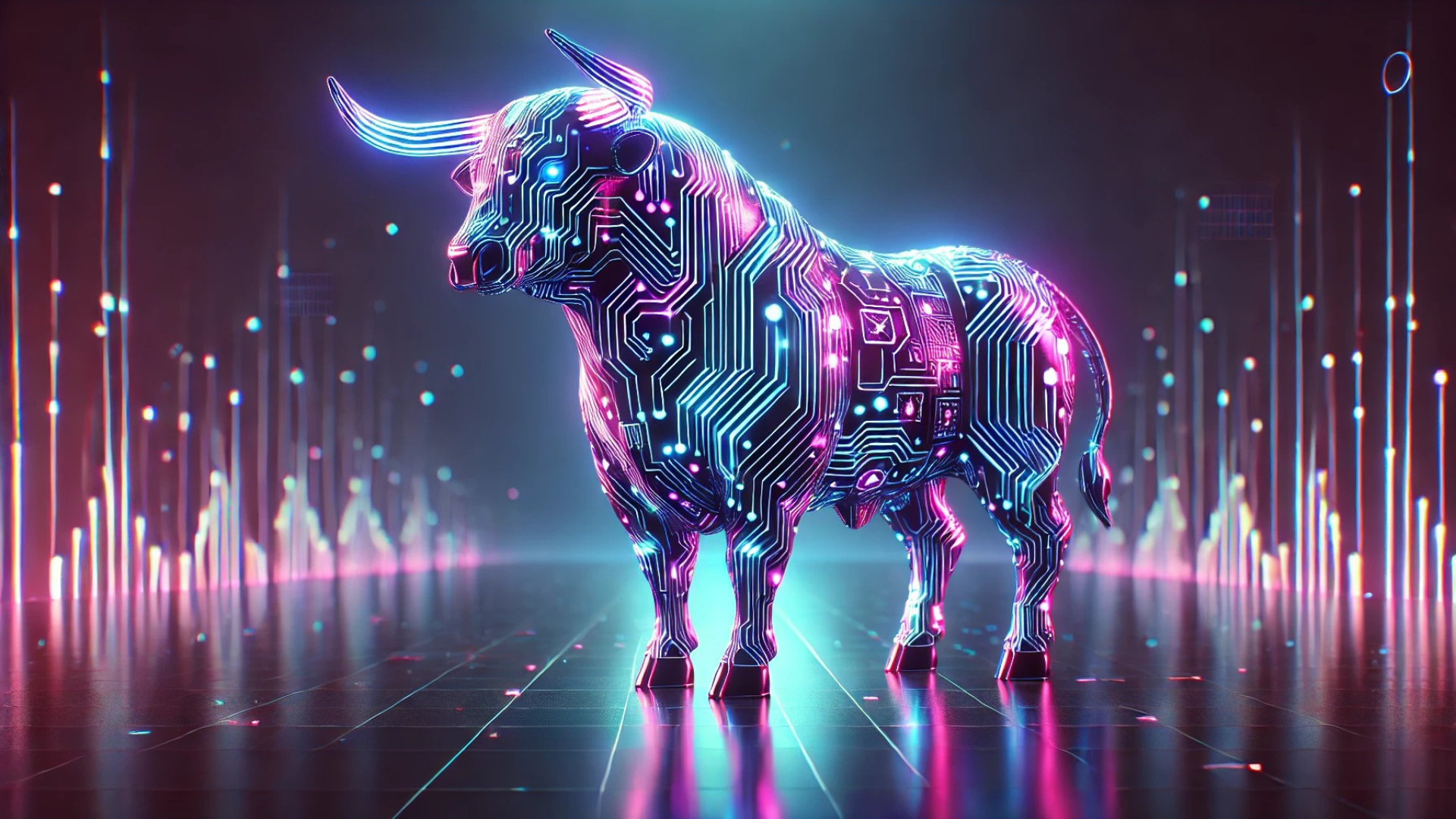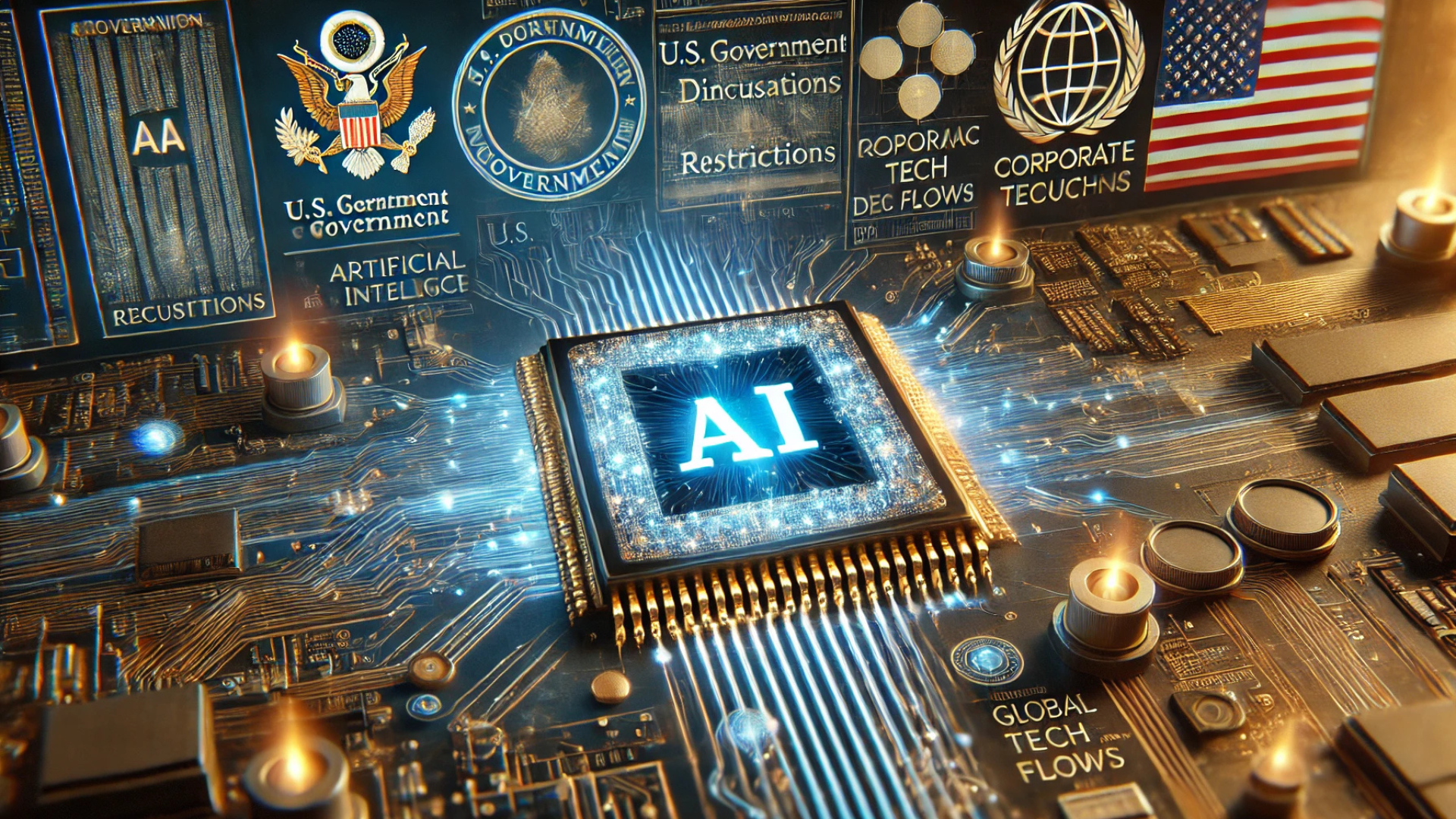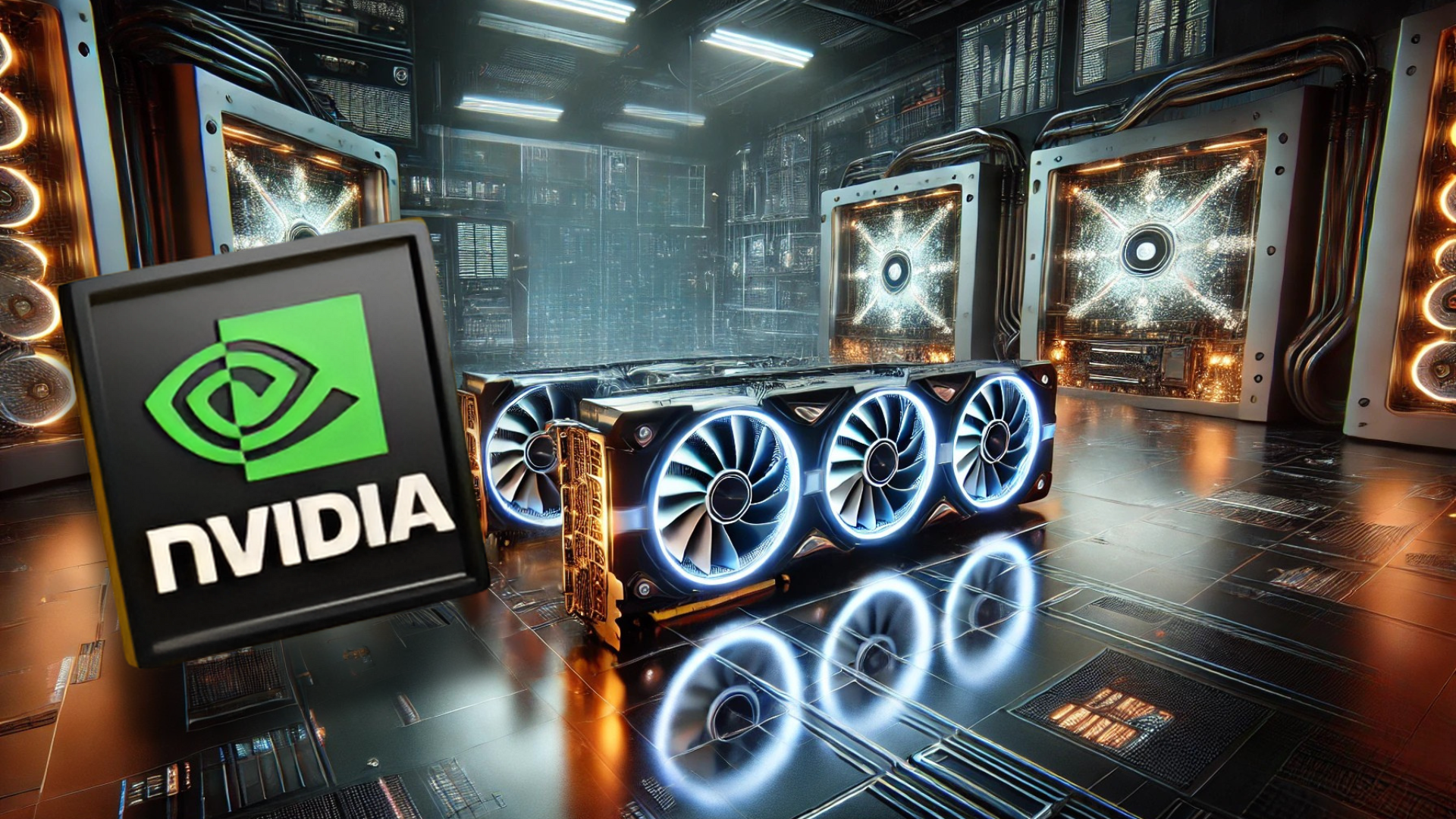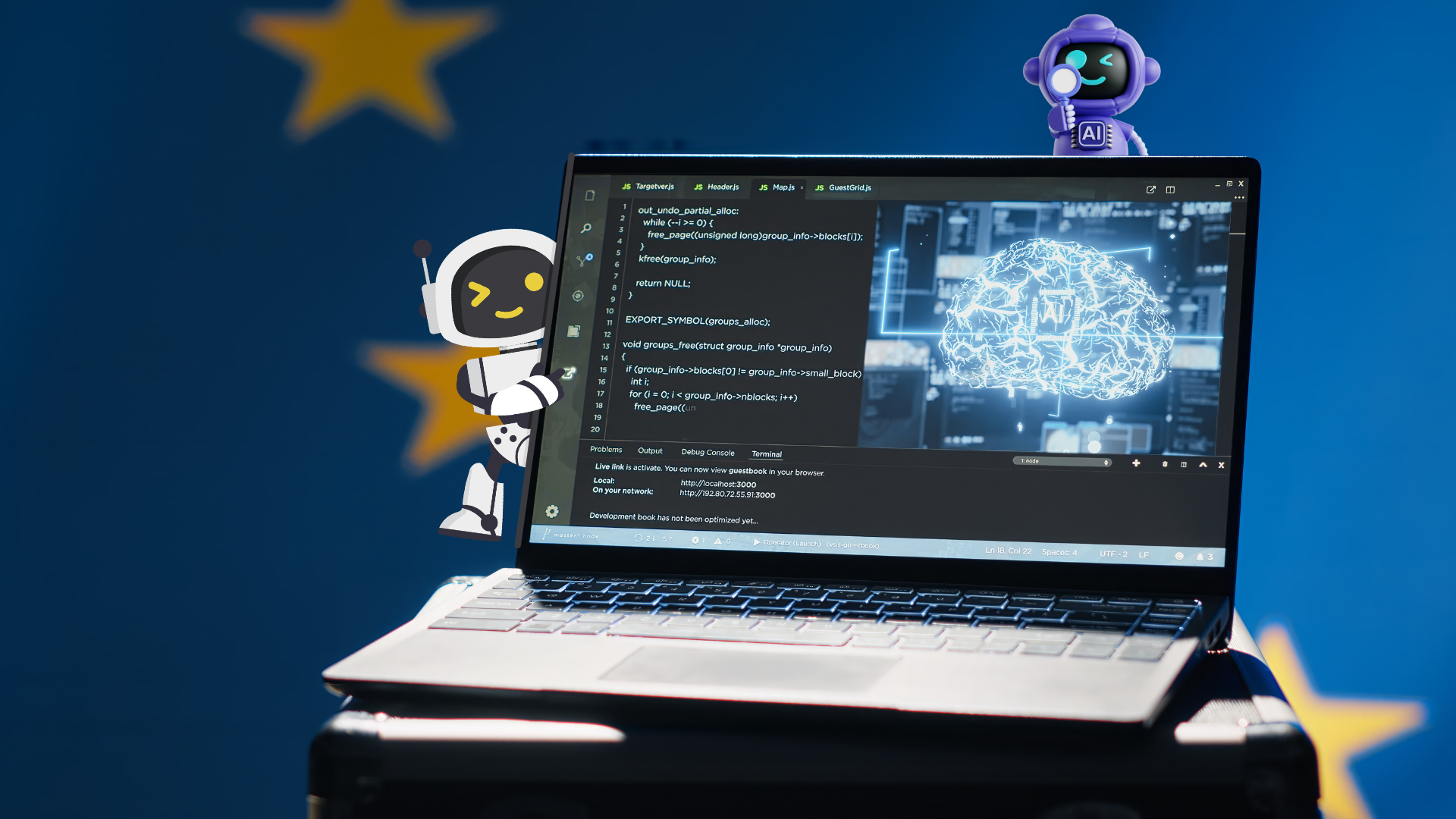
Artificial Intelligence (AI) has rapidly transitioned from a futuristic concept to a fundamental part of modern life. With the global AI market expected to surpass $1.2 trillion by 2028, its influence continues to expand across industries—from healthcare and finance to autonomous systems and smart cities. However, this explosive growth presents major infrastructure challenges, particularly in how AI systems store, manage, and access data. As data becomes the backbone of AI, decentralized storage is emerging as a crucial solution—but it must evolve to meet AI’s growing demands.
The Data Dilemma in AI
AI’s advancement is closely tied to its ability to process and analyze vast volumes of data. This increasing data dependency puts significant strain on traditional, centralized storage systems, which are often plagued by issues like censorship, security vulnerabilities, and limited scalability.
Decentralized storage offers a compelling alternative—enabling distributed, censorship-resistant, and more secure data storage. Yet, it’s not without its own limitations. Current decentralized solutions still face challenges in scalability, speed, and security, all of which are critical to support AI’s real-time and high-volume processing needs.
Why Decentralized Storage Matters for AI
The synergy between AI and decentralized storage isn’t just about data capacity—it’s about building a resilient, future-ready infrastructure. Here’s how decentralized storage can enable AI’s next phase:
1. Scalability
AI is growing at an annual rate of nearly 28%, and this trend is expected to continue. Decentralized systems must be flexible enough to handle this surge in data volume without sacrificing performance. Advanced solutions with automated, adaptive scaling can ensure AI applications continue to function efficiently as data demands rise.
2. Speed
Real-time data processing is essential for AI tasks like machine learning, autonomous navigation, and predictive analytics. However, many decentralized systems are not yet optimized for the low-latency, high-throughput requirements of AI. To bridge this gap, storage protocols must improve retrieval times and network responsiveness.
3. Security
AI relies on accurate, tamper-proof data. Any breach in data integrity could compromise AI outputs, leading to flawed decisions. Decentralized storage, combined with encryption, data validation, and blockchain-backed immutability, ensures that data remains secure and verifiable—critical for trustworthy AI.
Challenges and the Path Forward
Despite their promise, decentralized systems must overcome several barriers to fully support AI:
- Data Integrity & Bias: Without reliable verification mechanisms, there’s a risk of feeding AI corrupted or biased data.
- Interoperability: AI depends on data from multiple sources. Decentralized storage solutions must seamlessly integrate with different AI platforms to ensure fluid data exchange.
- Energy Consumption: With data center energy use projected to increase by 160% by 2030, efficient decentralized storage solutions will be vital to sustainable AI growth.
Embracing Interoperability and Edge Computing
To stay ahead, decentralized storage must go beyond scalability and security. Interoperability—the ability to connect with diverse AI platforms and ecosystems—will be key. AI systems must be able to retrieve data across various chains and storage frameworks without friction.
In addition, embracing edge computing will enhance real-time performance. By bringing data storage closer to the point of AI computation, latency is reduced, enabling immediate insights and decisions—critical for applications such as autonomous vehicles, drones, and smart infrastructure.
Powering the Future of AI
The future of AI depends not only on smarter algorithms but also on smarter infrastructure. Decentralized storage systems, if developed with AI in mind, can offer the speed, security, and scalability required for next-generation applications. Blockchain-based storage, real-time access capabilities, and robust interoperability will be the foundation for AI to reach its full potential.
As the relationship between AI and decentralized storage deepens, we are likely to see a convergence of innovation—where trusted, distributed data systems form the backbone of AI-powered industries. The evolution of decentralized storage isn’t just about improving infrastructure; it’s about enabling a more intelligent, efficient, and equitable digital future.

























































































